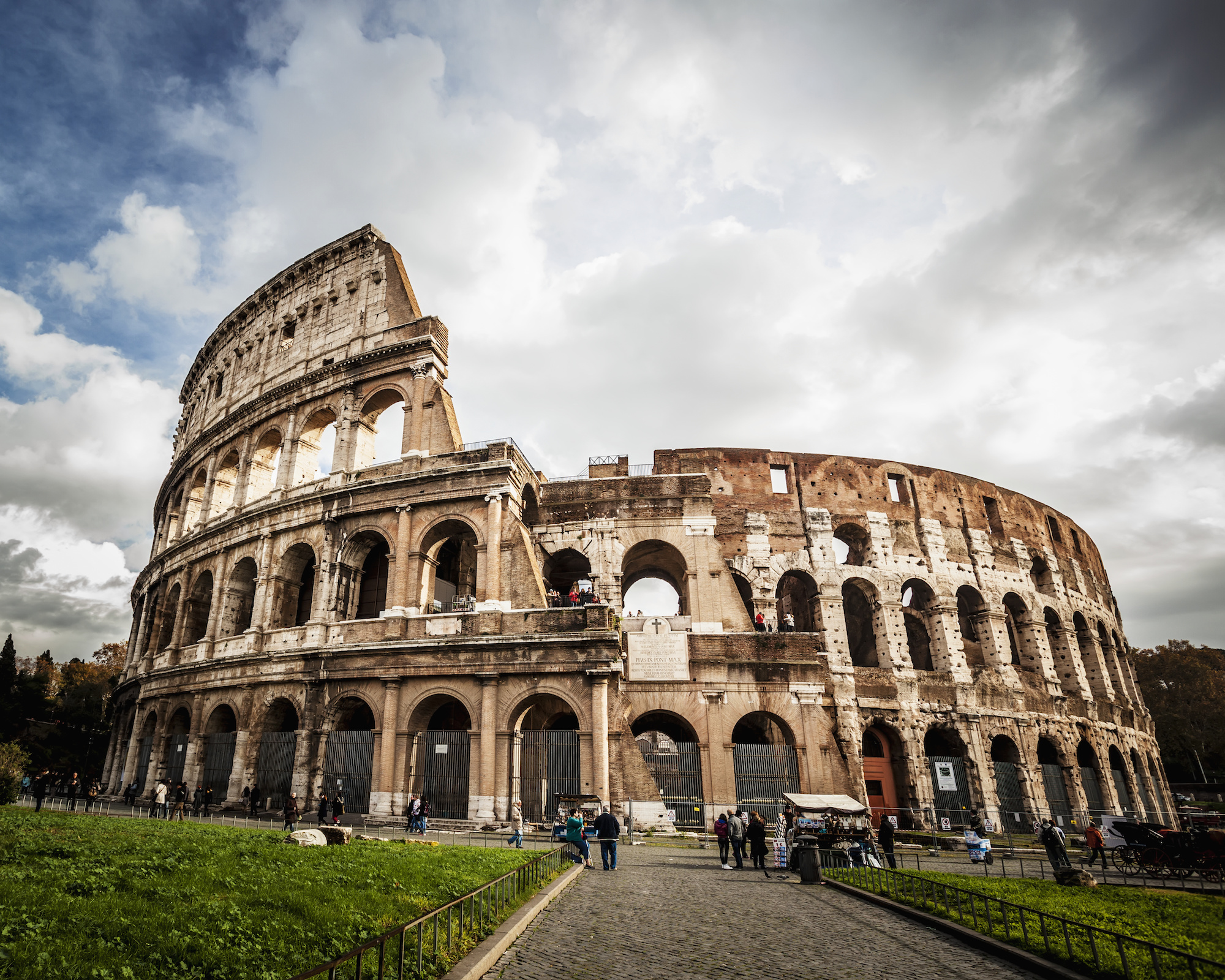Exploring the Engineering Wonders of the Colosseum
The Colosseum, also known as the Flavius Amphitheater, is a true marvel of Roman engineering. Standing tall for over two millennia, it remains a monument to the ingenuity and organizational prowess of the ancient world.
Today, the Colosseum is a popular tourist destination, attracting millions each year. But a visit isn't just a walk through history, it's an exploration of remarkable engineering feats. Here are some highlights:
Ingenious Construction: The Colosseum was built using a post-and-lintel technique, where massive stone blocks were slotted together without mortar. This method allowed for rapid construction and remarkable structural stability.
Seating for Thousands: The Colosseum could seat an estimated 50,000 spectators. Tiered seating ensured excellent sight lines no matter where you sat, a testament to careful planning and acoustics.
A Moveable Roof: The Colosseum originally featured a massive retractable wooden roof, offering shade and protection from the elements. An intricate network of ropes and pulleys managed this marvel of engineering.
Hidden Tunnels: A complex network of underground tunnels ran beneath the Colosseum. These provided access for gladiators, animals, and stage machinery, adding another layer to the venue's functionality.
Planning Your Visit
For an even more immersive experience, consider a Colosseum evening tour. These tours offer a glimpse into the atmosphere of ancient gladiator battles and nighttime events.
Booking and Information
Be sure to book your official Colosseum tickets in advance, especially during peak season. You can find information on Colosseum opening hours and ticket prices on the official website.
For more details on the Colosseum and other fascinating landmarks in Rome, check out our article Exploring Rome's Iconic Landmarks: The Colosseum and the Arch of Constantine: https://www.travelnags.com/destination/the-colosseum-and-the-arch-of-constantine.html.

Comments
Post a Comment